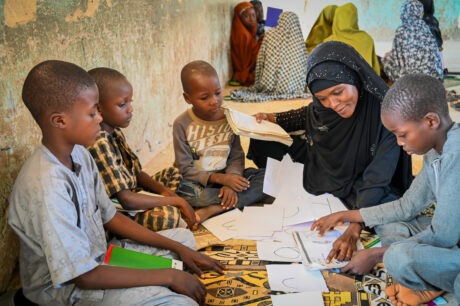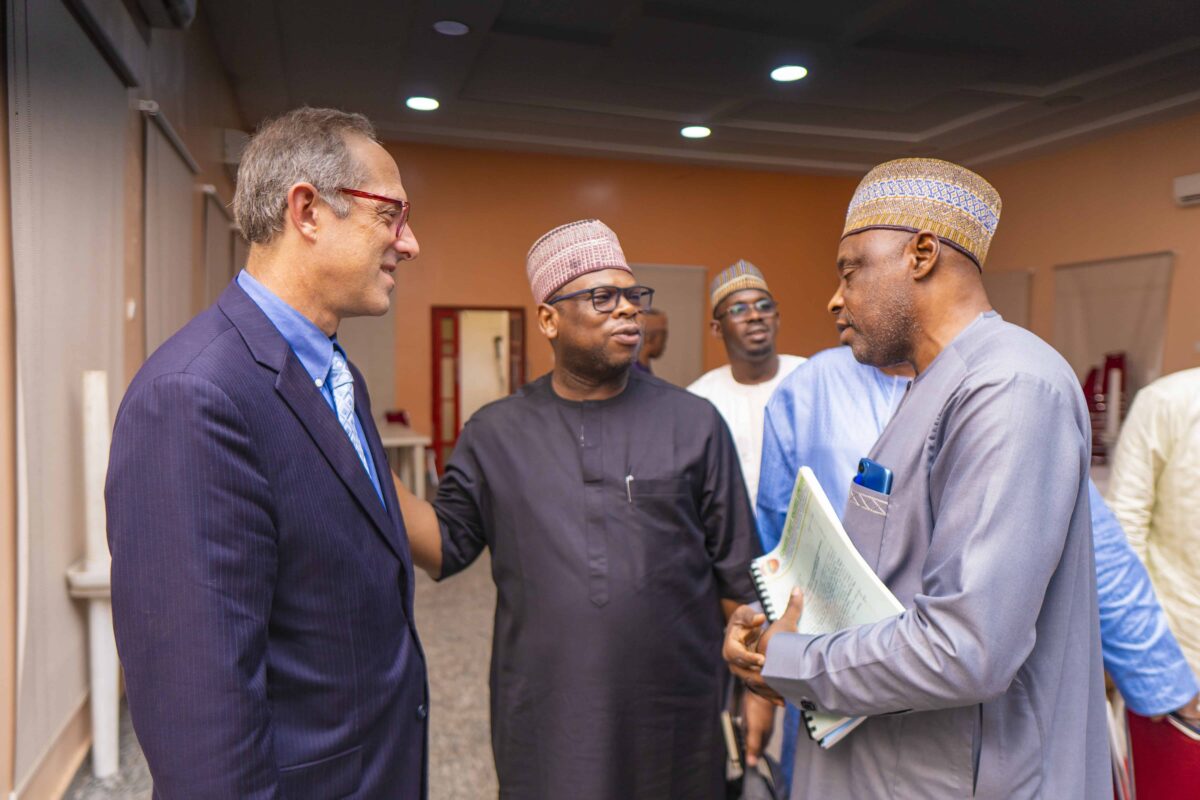Leveraging Education Assistance Resources in Nigeria (LEARN) to Read supported efforts to improve reading outcomes among first and second-grade pupils in Nigeria.
The project built on lessons learned from prior reading programs in Nigeria to introduce a flexible, cost-efficient early-grade reading intervention model that could be tailored to state contexts.
LEARN to Read, funded by the U.S. Agency for International Development, was a technical assistance activity that aimed to support federal and state governments in effectively utilizing their operational and technical resources to strengthen, scale, and sustain improvements in early-grade reading outcomes for pupils in grades 1 and 2.
Creative has a track record of successfully implementing education and early-grade reading reform programs in Nigeria since 2004. LEARN to Read was a continuation of two successful USAID early-grade reading programs, the Northern Education Initiative and the Northern Education Initiative Plus, which Creative implemented.
LEARN to Read built on Nigeria’s prior reading programs, leveraging lessons learned to introduce a scalable and adaptable intervention model. The project collaborated closely with federal and state education agencies and partners to embed standard-based, context-appropriate assessments, materials, and training within policy frameworks, aiming to improve literacy skills for over 3.5 million pupils in the first and second grades.
Program Achievements
LEARN to Read ensured that standard-based, context-appropriate assessment, materials, training, and administrative supports needed to improve literacy skills for more than 3.5 million pupils were embedded within the federal policy funding and monitoring frameworks. States and local authorities were supported to have the implementation protocols, capacity, and resources to carry out and sustain early grade reading reforms.
Building the capacity of educators and school administrators is key to successful early-grade reading outcomes. LEARN to Read helped develop teacher training plans and coaching and mentoring tracking systems to help state and federal ministries carry out comprehensive training.
LEARN to Read intervention strategies built ownership, accountability and use of data from the ground up, ensuring that stakeholders at all levels (classroom, school, community, local government area, state and federal), as well as the private sector, understood their role in improving education quality and learning. By leveraging data, policymakers and educators could make informed decisions and continuously improve early-grade reading programs.
Recognizing the critical role of parents and community leaders in supporting children’s education, LEARN to Read fostered these stakeholders’ active involvement in early-grade reading initiatives. By promoting awareness, mobilizing resources, and encouraging community participation, the project created an immersive reading-supportive environment for children.



